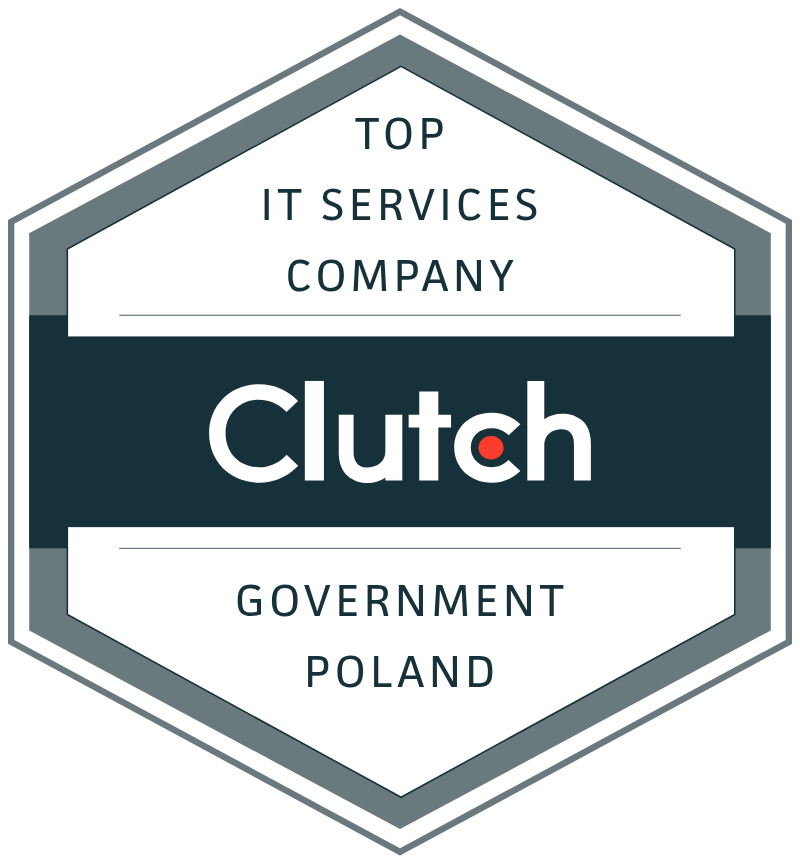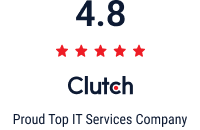We’re an official Oracle partner with in-depth knowledge about the Oracle Cloud Infrastructure and its unique capabilities, such as the sovereign cloud. It’s a cloud service that guarantees your data will be housed only in specific localizations and operated by local employees, which offers a way to meet some strict compliance regulations. Of course, we have years of experience with other cloud services too, including AWS, GCP and Azure. Our experts will analyze your business scenario and IT infrastructure and help you pick the best solution for your needs.
After that, we’ll prepare the migration scenario for your particular circumstances.
We do all this without sacrificing performance, which is best evidenced by the project we carried out for TVN Discovery. We’ve created a scalable e-commerce module for their VOD service Player.pl, helped them do a lift-and-shift migration to AWS and optimized their cloud infrastructure. The results were outstanding. In September 2020, TVN’s VOD platform served over 60 million views, and we’re quite sure that, thanks to the implemented autoscaling features, it could handle an even bigger crowd of users.
For example, an analysis we conducted for one of our clients revealed that migrating from AWS to OCI would allow them to cut their cloud-related costs by a massive 45%.
We can help you determine which technology offers the best value in your business scenario – below is a general overview of their strengths, capabilities and use scenarios.
+ years
+ Specialists
+ projects
% stay with us
+ years together
+ conference talks








First, assess your current infrastructure and identify which applications and data are suitable for migration. This evaluation will help you choose the right cloud provider – be it AWS, GCP, Azure, OCI or whatever else – based on your specific needs. Next, develop a migration strategy that includes timelines and resource allocation. Prioritize security and consider leveraging hybrid models to maintain key resources while gradually moving to the cloud.
Yes. Cloud security has evolved significantly over the years, with leading providers implementing various measures to protect your data. Encryption, multi-factor authentication, and regular security audits are just a few of the advanced techniques employed to safeguard sensitive information.
The cloud offers a multitude of benefits. It provides unparalleled flexibility, thanks to the ability to access data and applications from anywhere. It can be quite cost-efficient in some circumstances, since it doesn’t require substantial upfront investments in hardware and maintenance. Moreover, reputable cloud providers invest heavily in advanced security measures that many small to medium-sized businesses cannot afford on their own. Lastly, utilizing the cloud can lead to enhanced disaster recovery capabilities thanks to automatic backups and redundancy features built into most cloud solutions.
The three primary models are public, private, and hybrid clouds. Public clouds are hosted by third-party providers and offer scalability and cost-effectiveness. Private clouds provide a dedicated environment tailored specifically for one organization, resulting in enhanced security and control over data management. Hybrid clouds combine elements of both approaches, allowing organizations to maintain critical workloads in a private cloud while leveraging the scalability of public resources when needed.
In most cases, the customer owns the data, while the cloud provider is responsible for the storage, infrastructure, and security. Details are always presented in service agreements.
Yes, there are major differences between cloud providers. Check out the table above for a very general overview.